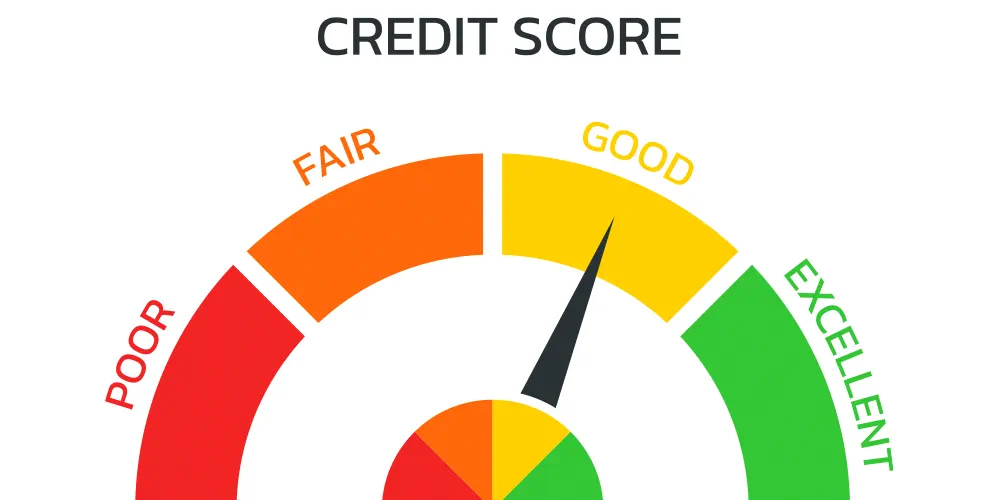
In today’s financial landscape, a good credit score is akin to a financial passport. It’s a numerical representation that reflects an individual’s creditworthiness and financial responsibility. This article delves into the significance of a good credit score, why it’s crucial, and how it impacts various aspects of our lives.
Understanding Credit Scores
Credit scores are numerical assessments generated by credit bureaus based on an individual’s credit history. They typically range from 300 to 850, with higher scores indicating better creditworthiness. Several factors influence these scores, including payment history, credit utilization, length of credit history, types of credit, and new credit inquiries.
Significance of a Good Credit Score
A good credit score opens doors to numerous financial opportunities. It serves as a determining factor for loan approvals, credit card applications, and favorable interest rates. Lenders use credit scores to assess the risk associated with lending money, making a good score a valuable asset.
Building and Maintaining a Good Credit Score
Improving and sustaining a good credit score involves prudent financial practices. Timely bill payments, keeping credit utilization low, maintaining a mix of credit accounts, and avoiding excessive credit inquiries are key strategies to bolstering one’s creditworthiness.
Real-Life Implications of a Good Credit Score
The impact of a good credit score extends beyond mere financial transactions. It influences housing prospects, affecting the ability to secure a mortgage or rental property. Moreover, potential employers might consider credit scores as a measure of responsibility, influencing job prospects in certain industries.
The Pitfalls of a Poor Credit Score
Conversely, a poor credit score can significantly limit financial options. It might lead to higher interest rates on loans, difficulty obtaining credit cards, and even impact insurance premiums. It restricts access to financial opportunities and may hinder life goals.
Monitoring and Managing Credit Scores
Regularly monitoring credit scores is essential to identify discrepancies or fraudulent activities. Various tools and services are available for individuals to keep track of their scores, offering insights into how financial decisions impact their credit health.
Conclusion
In conclusion, a good credit score is not merely a number; it’s a gateway to financial stability and opportunities. Understanding its significance and adopting responsible financial habits are crucial in building and maintaining a healthy credit score.
Frequently Asked Questions (FAQs) on Credit Scores
- Why are timely payments important for a good credit score?Timely payments demonstrate financial responsibility and positively impact credit scores by avoiding late payment penalties.
- What are some short-term actions to improve a credit score?Paying off outstanding balances, minimizing credit card usage, and disputing any inaccuracies on credit reports can help improve scores in the short term.
- How does a credit score affect insurance rates?Insurance companies often use credit scores as a factor in determining premiums, linking higher scores to lower insurance rates.
- Can a low credit score affect employment opportunities?In certain industries, employers may consider credit scores as a measure of an individual’s responsibility, potentially impacting job prospects.
- Is it possible to improve a poor credit score over time?Yes, with consistent responsible financial behavior, it’s possible to gradually improve a poor credit score.







